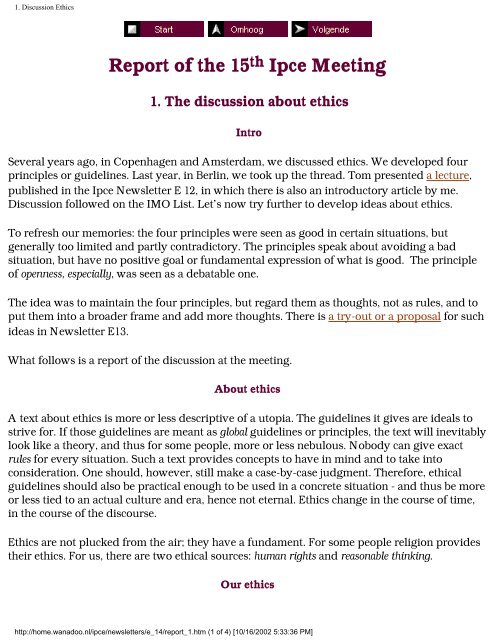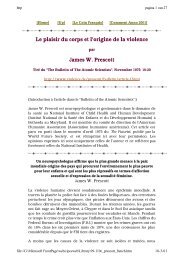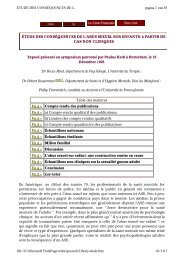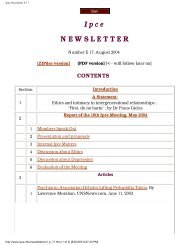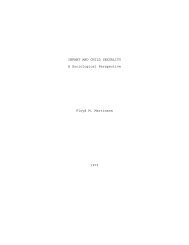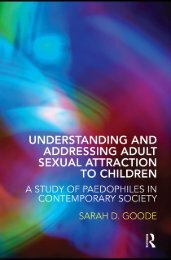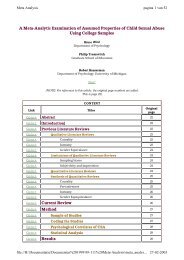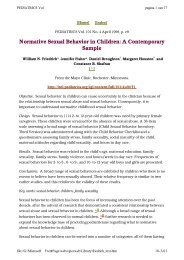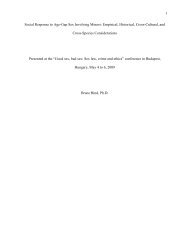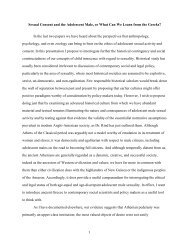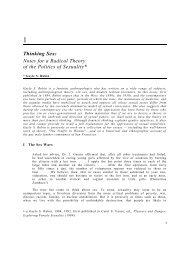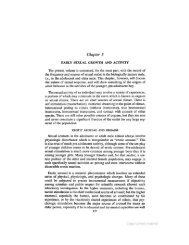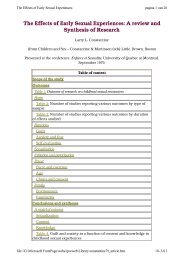PDF file - Ipce
PDF file - Ipce
PDF file - Ipce
Create successful ePaper yourself
Turn your PDF publications into a flip-book with our unique Google optimized e-Paper software.
1. Discussion Ethics<br />
Report of the 15 th <strong>Ipce</strong> Meeting<br />
1. The discussion about ethics<br />
Intro<br />
Several years ago, in Copenhagen and Amsterdam, we discussed ethics. We developed four<br />
principles or guidelines. Last year, in Berlin, we took up the thread. Tom presented a lecture,<br />
published in the <strong>Ipce</strong> Newsletter E 12, in which there is also an introductory article by me.<br />
Discussion followed on the IMO List. Let’s now try further to develop ideas about ethics.<br />
To refresh our memories: the four principles were seen as good in certain situations, but<br />
generally too limited and partly contradictory. The principles speak about avoiding a bad<br />
situation, but have no positive goal or fundamental expression of what is good. The principle<br />
of openness, especially, was seen as a debatable one.<br />
The idea was to maintain the four principles, but regard them as thoughts, not as rules, and to<br />
put them into a broader frame and add more thoughts. There is a try-out or a proposal for such<br />
ideas in Newsletter E13.<br />
What follows is a report of the discussion at the meeting.<br />
About ethics<br />
A text about ethics is more or less descriptive of a utopia. The guidelines it gives are ideals to<br />
strive for. If those guidelines are meant as global guidelines or principles, the text will inevitably<br />
look like a theory, and thus for some people, more or less nebulous. Nobody can give exact<br />
rules for every situation. Such a text provides concepts to have in mind and to take into<br />
consideration. One should, however, still make a case-by-case judgment. Therefore, ethical<br />
guidelines should also be practical enough to be used in a concrete situation - and thus be more<br />
or less tied to an actual culture and era, hence not eternal. Ethics change in the course of time,<br />
in the course of the discourse.<br />
Ethics are not plucked from the air; they have a fundament. For some people religion provides<br />
their ethics. For us, there are two ethical sources: human rights and reasonable thinking.<br />
Our ethics<br />
http://home.wanadoo.nl/ipce/newsletters/e_14/report_1.htm (1 of 4) [10/16/2002 5:33:36 PM]


